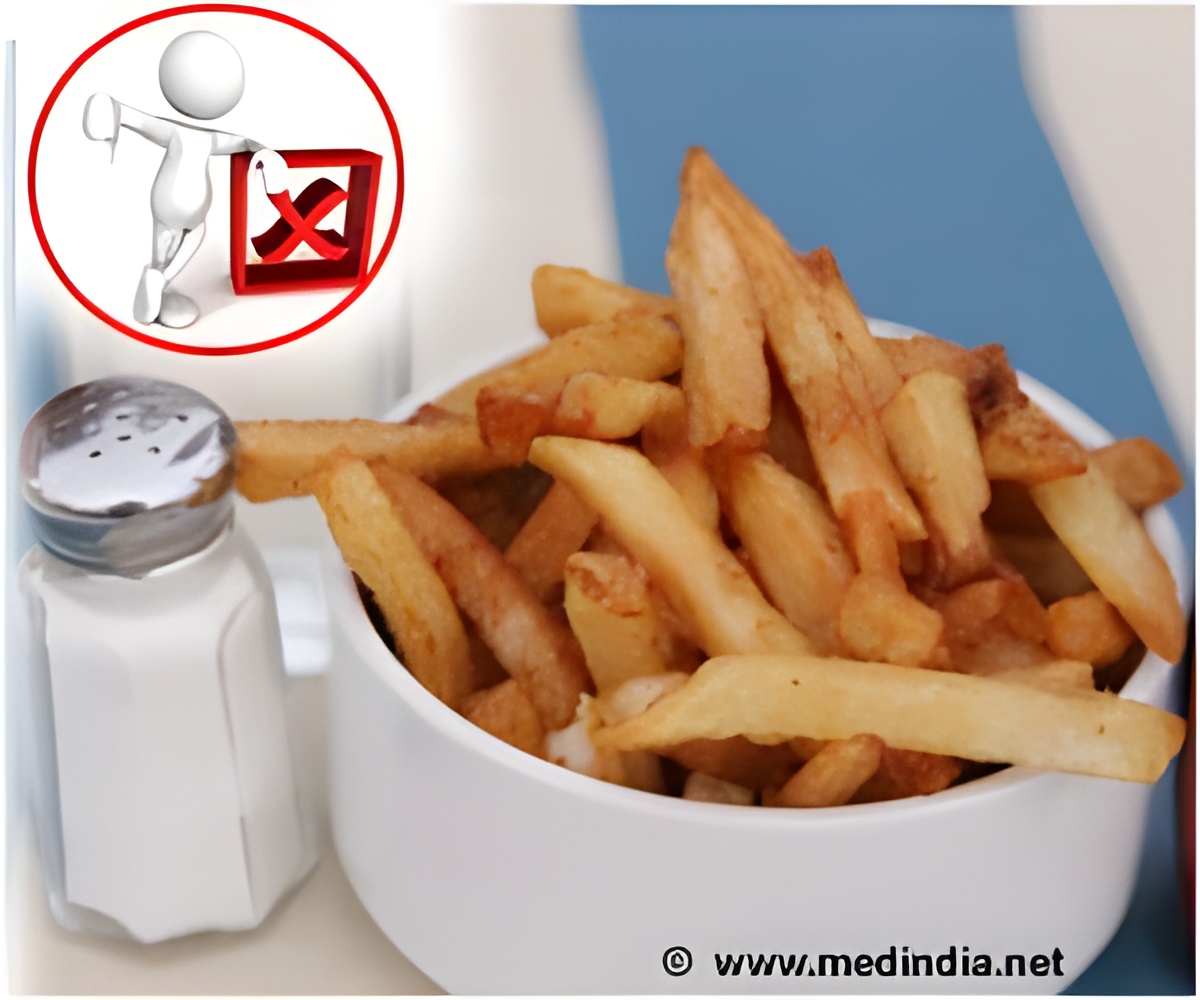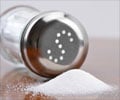High dietary sodium has adverse effects on multiple target organs and tissues including the blood vessels, heart, kidneys and brain.

The scientists found that high dietary sodium can also lead to left ventricular hypertrophy, or enlargement of the muscle tissue that makes up the wall of the heart's main pumping chamber. The study findings suggest that high sodium is associated with reduced renal function, a decline observed with only a minimal increase in blood pressure. High sodium may also affect the sympathetic nervous system, which activates what is often termed the fight-or-flight response.
Author William Weintraub said, "Approximately 70 percent of the sodium in our diets comes from processed foods, including items that we don't typically think of as salty such as breads and cereals. Also, restaurant food typically contains more salt than dishes prepared at home, so eating out less can help reduce salt intake, especially if herbs and spices-instead of salt-are used to add flavor to home-cooked meals."
The paper has been published in the Journal of the American College of Cardiology.
Source-Medindia















